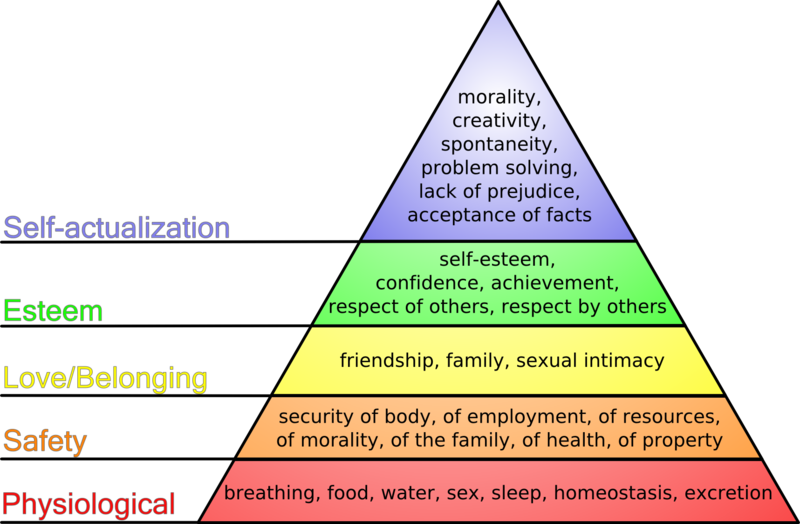Anticipating a Social Media Rebirth
Like most others, hospitality people increasingly live in a “social media society.” According to Internet World Stats, currently there are an estimated 2.4 billion Internet users worldwide, more than a third of the world’s population, which is an increase by the factor of 6.6 since the year 2000 – the height of the dot.com boom. Forrester Research further predicts that the Internet population will grow to 3.5 billion by 2017. The prevalence of the Internet, texting, smart phones, tablets, mobile applications and a host of electronic devices that facilitate electronic communication for work or pleasure means that human interaction is becoming as much “online” as it is “offline.”
It’s tempting therefore to believe that the social media phenomenon will continue to define business strategy, but academic research combined with what we see and hear from hospitality organizations lead us to believe that a social media “rebirth” is in the works. We suggest, that the biggest ROI will result less from social networking sites and technologies per se, and more from the information effect it will all have on workers and consumers alike. Consider three examples…
Diminishing generational gap: Traditionalists vs. Baby Boomers vs. Gen Xers vs. Millennials… we propose that these categories will converge into a single segment which we call “Gen E” – the electronic or information generation. Research is increasingly showing “age” to be merely an indirect measure of “familiarity and comfort with technology.” Younger workers currently have a competitive edge since they are likely to be more technologically savvy than other generations, but this advantage is waning. In the years to come, workers and consumers in all age brackets will leverage technology on a near par basis.
Communication “homeostasis”: Social media technologies allow greater opportunity to collaborate; to bring together diverse places, people, and ideas; and to create power in the collective. Of course, so did telephones, videoconferencing and personal computers. Social media technologies don’t seem to be that much of a paradigm shift after all. Some social scientists argue that its impact is smaller than is often assumed and that social media and similar communication approaches simply provide new ways of doing things that ultimately change little in the way we live our lives. Think about it… online dating has not replaced meeting partners in the real world and LinkedIn has not killed recruitment firms or the interviewing process. We expect that the enormous attention, energy and value presently ascribed to social media applications will lead to the simple realization that technology itself cannot effectively substitute, much less compete with, human interaction. This is especially germane to service industries and the hospitality sector where “people are the product.” We are already seeing glimpses of this prospective “backlash” in organizations that have become too automated and process-driven. What does any consumer feel about a company when they get caught in a never-ending automated phone loop or when the “Contact Us” page of a website only gives an impersonal email address? Competitive advantages will come to organizations that can properly use technologies to augment the human experience; not replace it.
Transforming qualitative data into quantitative insights: The strength of social media is that it permits rapid dissemination of information to the masses. Yet, its strength is also its weakness. That understanding is how hospitality organizations will use or abuse social media. Social media data – like any type of open-ended information – varies tremendously in quality. Plus, the vast amount of data prevents easy or efficient understanding of what it all means.
New analytics, such as Latent Semantic Analysis (LSA), are being developed that allow organizations to make sense of written text (from market surveys, comment cards or online review sites) on a scale that would be impractical or infeasible for human interpreters. For example, imagine knowing which guest reviews to take seriously and which ones are incredulous. That understanding would allow human beings to follow-up on feedback that is meaningful and important. The more an organization can foresee coming challenges and respond to them confidently and creatively, the greater the competitive advantage will be. But technology is only a tool; the goal is for hospitality businesses not to become focused on being “technology oriented” but rather to strategically use new technologies to become more “people oriented.”
Social media is here to stay. We don’t foresee a massive migration back to the communication jungles any time soon. That said, we predict a greater emphasis on meaningful human interaction, as social media finds its lasting place in business. As Maslow’s hierarchy of needs (image below) demonstrates, binary codes and gadgets can’t substitute for human morality, spontaneity or self-esteem.

People will always look for more efficient ways to communicate, dominate and prosper. The social media rebirth we anticipate is ultimately about the evolution of consumers and workers into a “knowledge society.” Social media and its underlying technologies are merely the instruments of this evolution.
This article was first written for the Hotel Yearbook 2014 issue. Read the original article here.
